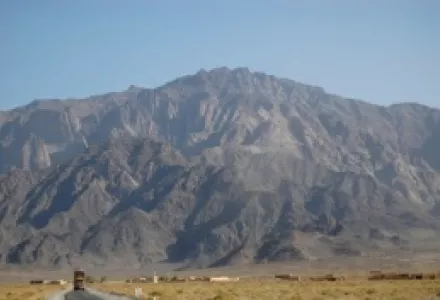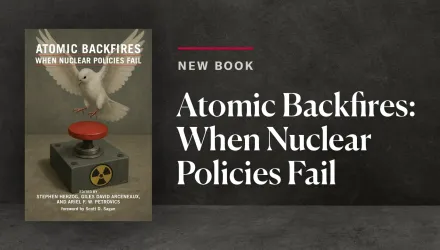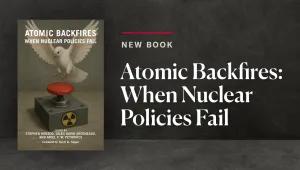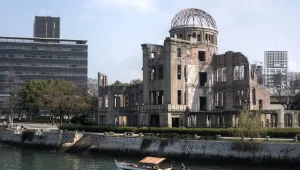Pakistan's pursuit of a nuclear deterrent is largely viewed as an outcome of the country's security dilemma vis-à-vis India which was exacerbated after the secession of East Pakistan following the 1971 war. Yet the vertical proliferation process that led to the acquisition of the bomb was driven by highly personalized decision-making embedded in intense bureaucratic politics within the country's nuclear establishment. In the absence of a centralized command and control structure, powerful individuals in the country's strategic enclave often competed for influence, prestige, and resources, resulting in enduring rivalries leading to inefficient outcomes. These dynamics acted as drivers or impediments that determined the scope, direction, and growth of the nuclear program and directly contributed to the rise of an illicit network of centrifuge technology.
This seminar will examine the causes and consequences of Pakistan's nuclear decision-making in terms of bureaucratic politics and how it impacted the choices made in the acquisition of nuclear capability and shaped the country's nuclear policies, posture, and strategic beliefs. It will also analyze the internal conditions that facilitated and enabled the genesis of a covert proliferation network from within one segment of the country's nuclear program.
Please join us! Coffee and tea provided. Everyone is welcome, but admittance will be on a first come–first served basis.




